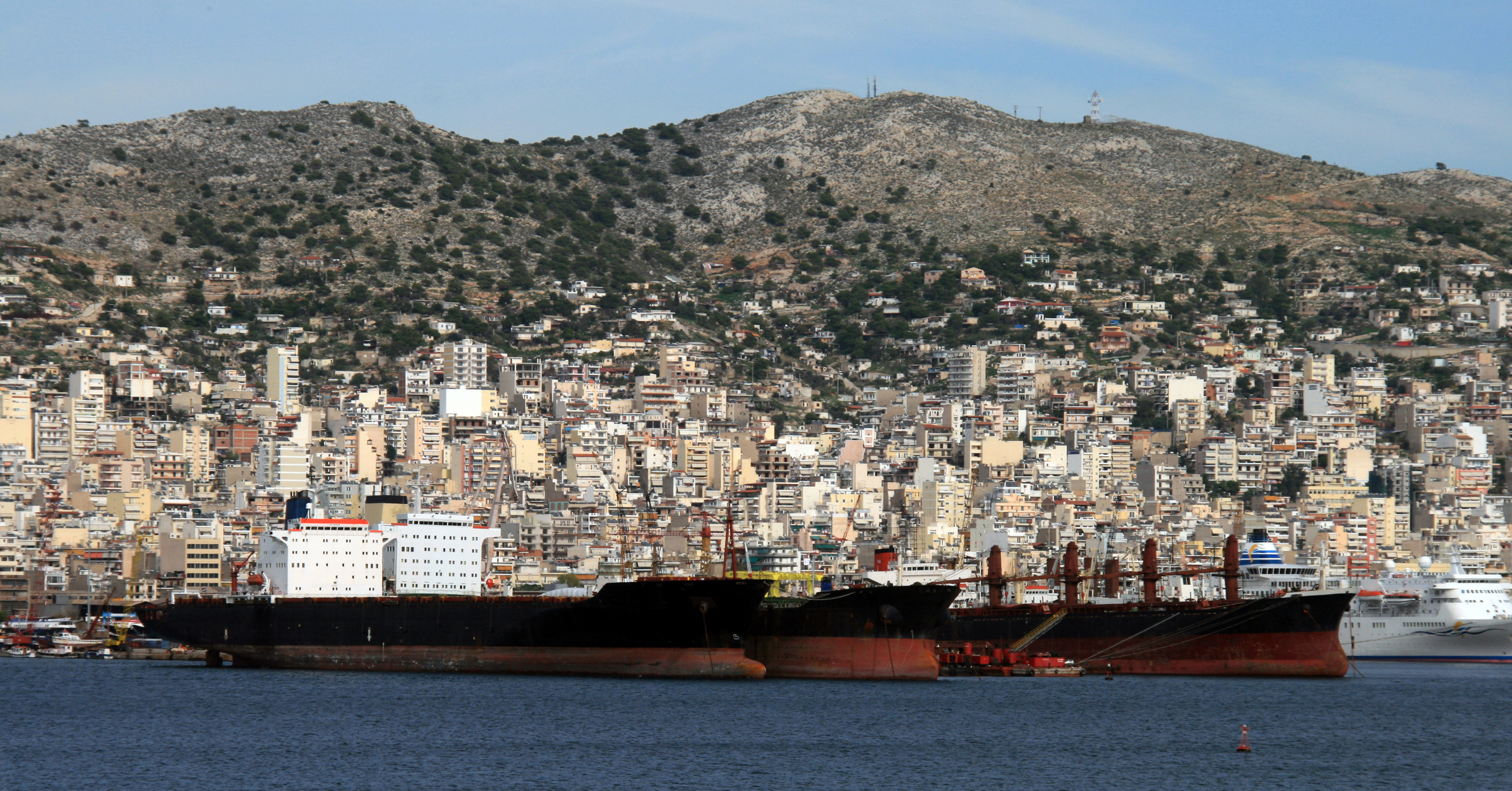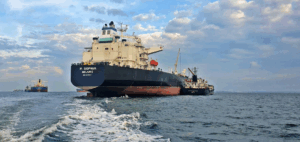The volume of Greece-owned tankers lifting Russian crude has plunged to its lowest level since the invasion of Ukraine.
Only three of the 65 Russian crude cargoes loaded between November 1 and 16 were on Greek-owned ships, a new study finds.
The Maritime AI™ company Windward analysis shows that this immediate withdrawal reflects widespread market disruption and caution ahead of a critical US sanctions enforcement deadline targeting two major Russian oil companies.
The sanctions against Rosneft and Lukoil, as well as dozens of subsidiaries, is part of an effort to increase pressure on Moscow to end the war, which began in 2022 when Russian forces invaded Ukraine.
With U.S. sanctions on Rosneft and Lukoil taking effect on November 21, pressure on crude flows is building.
The sanctions targeting Russia’s key producers signal a fundamental shift in strategy for the Trump administration, which had largely focused on Iranian oil and shipping since inauguration in January.
The move to block exports – rather than limit the sale price while keeping flows moving – directly undercuts the core principle of the oil price cap.
From January through July, when Russia’s Urals grade was priced below the $60/bbl cap, Greece-owned tonnage lawfully shipped as much as 40% of all crude from Russia, alongside sanctioned tankers and others in the shadow fleet, Windward reports.
In August, EU and UK regulators said they were lowering the oil price cap by 15% to $47.60/bbl from September. That pushed much of Russia’s crude above the cap, curbing Greece-owned liftings.
Greek shipping companies, which have long dominated the global tanker trade, maintain that their operations are fully compliant with international law.
They argue that they conduct due diligence on buyers and adhere to all regulations.
Greek shipping remains the largest in the world with 5,691 ships, accounting for around 20% of the global capacity in deadweight tonnes – dwt, according to the annual 2024-2025 report of the Union of Greek Shipowners published in August.
In accordance with the UGS report, the Greek-owned fleet represents 20% of the global and 61% of the European Union’s fleet.
A previous Windward analysis shows that fewer Greek-owned ships are tracked lifting Russian crude since August after the EU first flagged the 15% lower price cap would be introduced from September.
Under the price cap, Western marine service providers including charterers, shipowners, insurers, banks, and oil traders can’t ship Russian crude to third countries without attestation it was bought below the cap.
Recently, the European Union called on Greece to step up its efforts to curb the activities of the “shadow fleet” used by Russia to export oil, circumventing European sanctions.
Few weeks ago, the EU high representative for foreign affairs and security policy Kaja Kallas stressed at a joint press conference with Greek foreign minister Giorgos Gerapetritis in Athens that “more Russia’s revenues come from oil, and this comes from their shadow fleet,” which “helps Russia evade sanctions on oil exports.”



